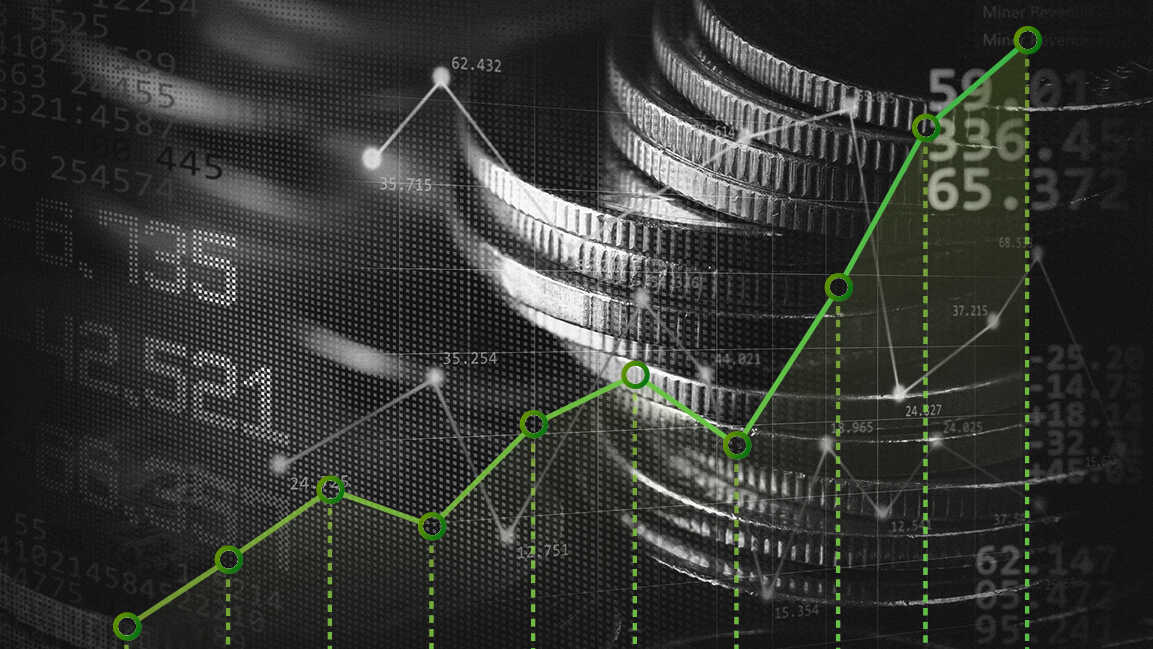- | 11:00 am
AI and clean energy give the Middle East a $232 billion opportunity
PwC outlines three possible economic futures for the Middle East, shaped by AI, climate change and technology.

There is a $232 billion gap between the Middle East’s most optimistic and most constrained economic scenarios, according to PwC’s latest report, Value in Motion: The Middle East’s Time to Lead is Now.
Amid global uncertainty, the region is charting a confident course built on partnerships, technology, and affordable clean energy. It is strengthening its economic foundations while emerging as a leader in climate action, AI, and technological transformation.
The future, however, will hinge on how effectively it manages the interplay of AI, climate change, and other disruptive forces against a backdrop of shifting geopolitics and social change.
PwC projects that the Middle East’s economy will expand by 27.9% to $4.57 trillion by 2035, once climate risks such as extreme heat, water stress, and flooding are considered. Although this is lower than the 41.8% growth expected under a business-as-usual outlook, it provides the baseline for three possible futures.
The trust-based transformation scenario offers the strongest outcome, with GDP reaching $4.68 trillion, driven by collaboration, technology adoption, and sustainability. The tense transition delivers more uneven gains, lifting GDP to $4.61 trillion. In contrast, turbulent times limit AI benefits and make decarbonization more costly, curbing growth to $4.45 trillion.
The $232 billion gap between the best- and worst-case scenarios underscores what is at stake. Yet the region’s position as the world’s lowest-cost solar producer could unlock even greater upside.
“A critical factor will be the interplay between the cost and scalability of AI and the availability and affordability of clean energy needed to power it. Striking the right balance between these priorities will be essential,” said Dr. Yahya Anouti, Partner, Strategy&, Middle East Sustainability Platform Leader.
Amid rapid technological disruption and mounting climate pressures, PwC highlights two core advantages shaping the Middle East’s future: bold national visions driving ambitious climate action, and the region’s emergence as a global force in artificial intelligence.
Confidence in AI is already setting the region apart. Half of GCC CEOs say they trust AI to a large extent, compared with just a third globally. Nearly 70% of those adopting generative AI report higher efficiency, and more than half see stronger profitability, both well above global averages. PwC estimates AI alone could lift Middle East GDP by 8.3 percentage points by 2035.
At the same time, climate risks remain a serious threat. Extreme heat, water stress, and biodiversity loss could reduce growth projections by nearly 14 percentage points. S&P Global Ratings has warned that up to 8% of GCC GDP could be at risk by 2050 without stronger adaptation.
But here, too, the Middle East holds a competitive edge. It produces the world’s lowest-cost renewable energy, with landmark projects in Saudi Arabia, the UAE, and Qatar driving the transition. These projects are supported by sovereign wealth funds investing heavily in clean energy innovation.
This strength is increasingly converging with surging AI demand. As global data center electricity consumption is set to more than double within five years, the Middle East is leveraging its renewable resources to attract hyperscalers such as Microsoft, Amazon, and Oracle.
Regional capacity is projected to triple from 1GW in 2024 to 3.3GW by 2029, reinforced by initiatives like Saudi Arabia’s new AI entity, HUMAIN, backed by the Public Investment Fund.
The region is not only using renewables to power AI but also harnessing AI to cut emissions and boost efficiency through smart grids, predictive maintenance, and low-carbon solutions. This virtuous cycle, where clean energy fuels AI and AI accelerates sustainability, gives the Middle East a strategic edge few regions can rival.































